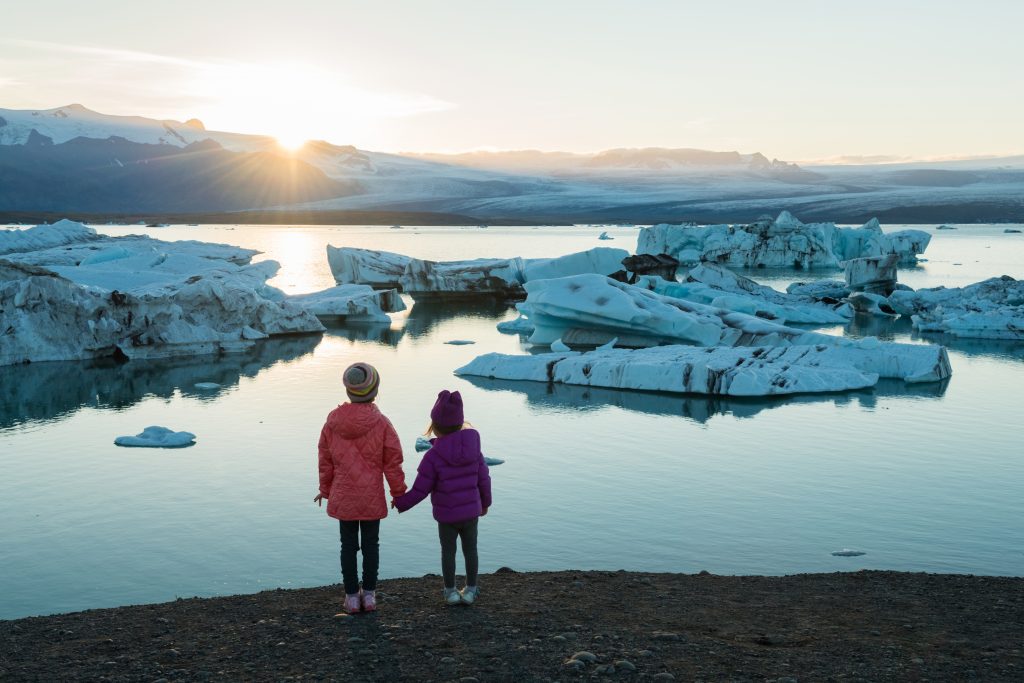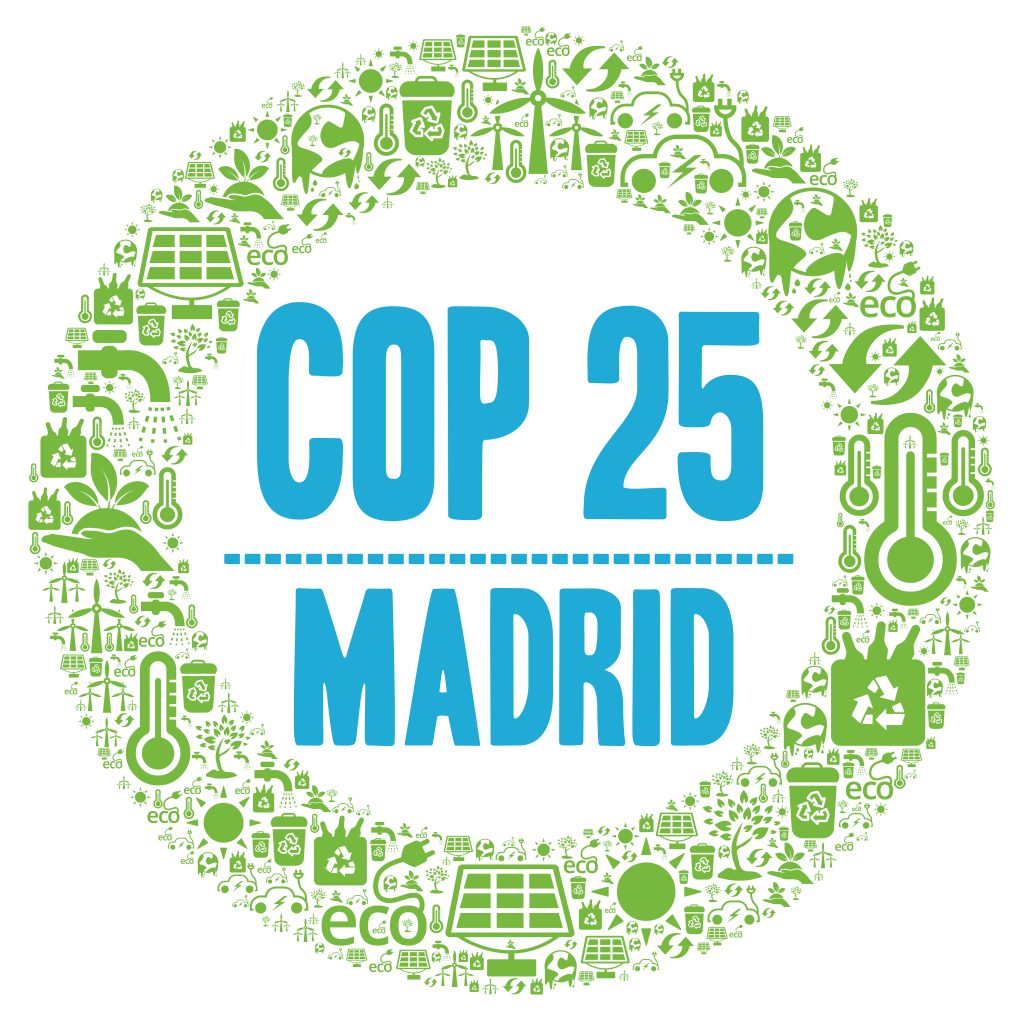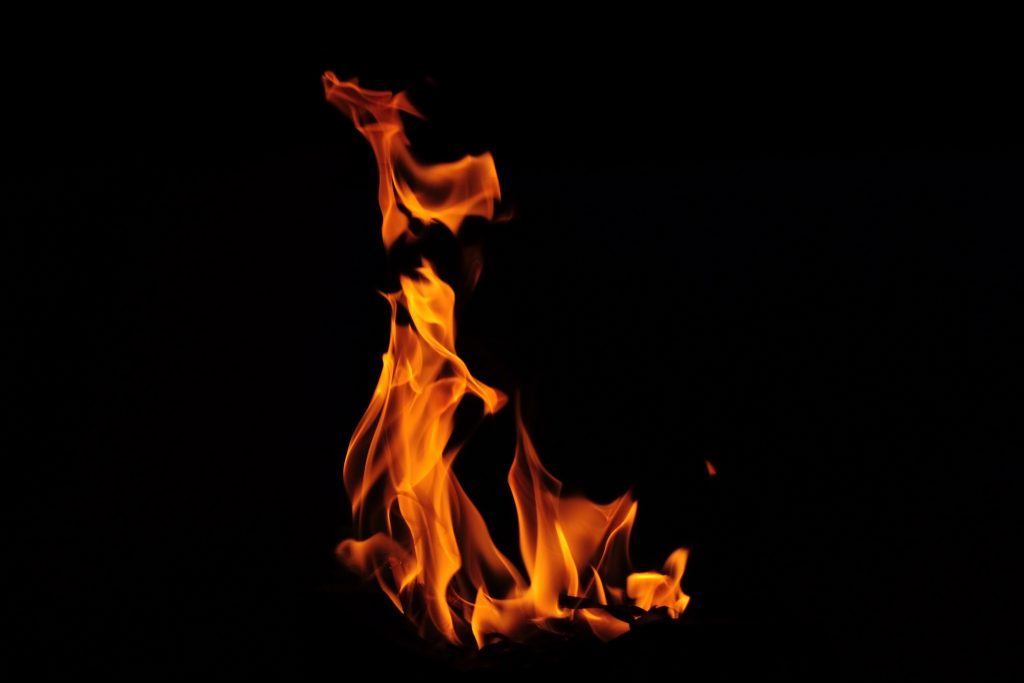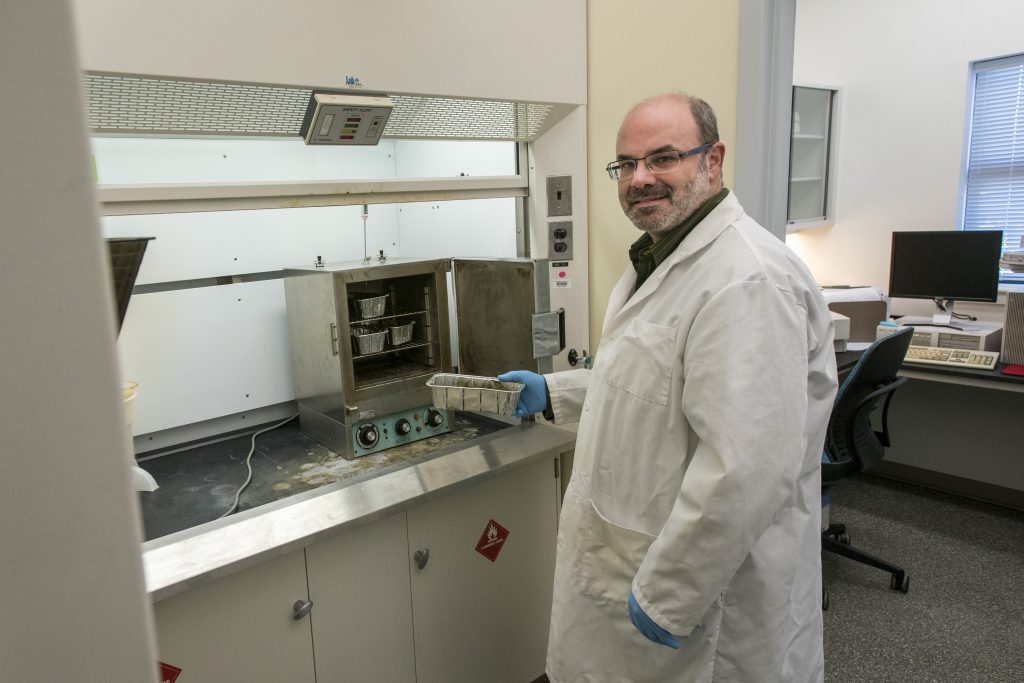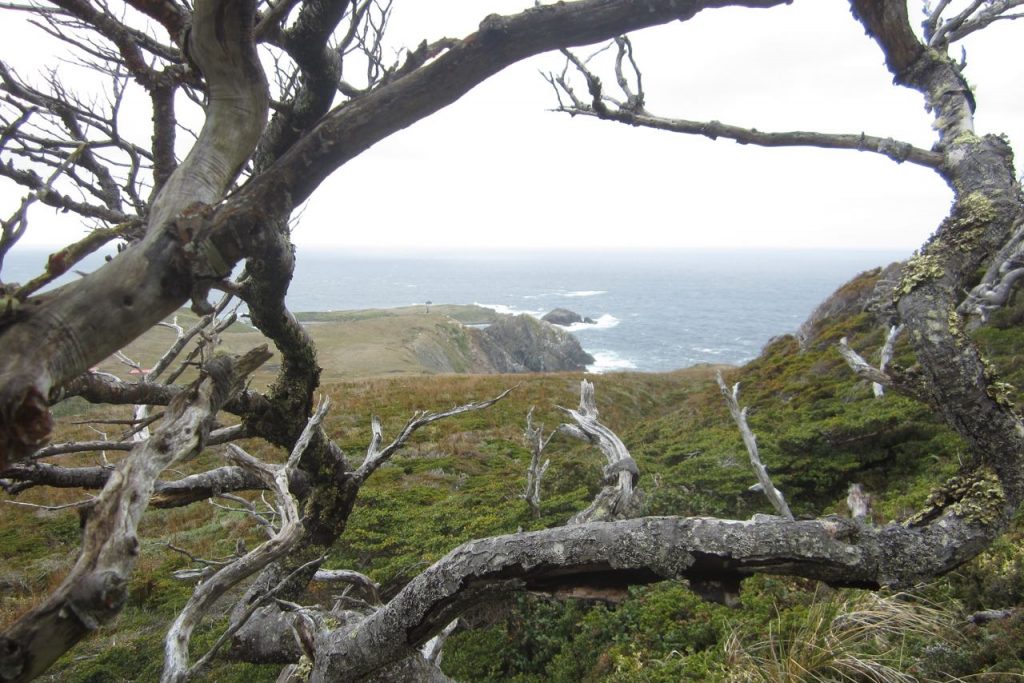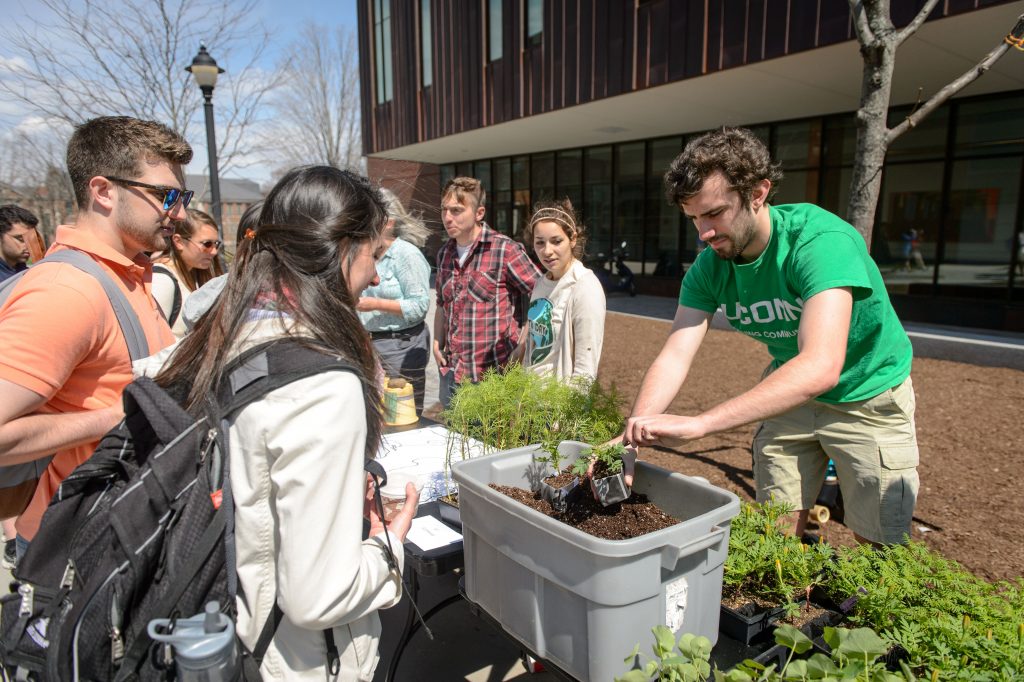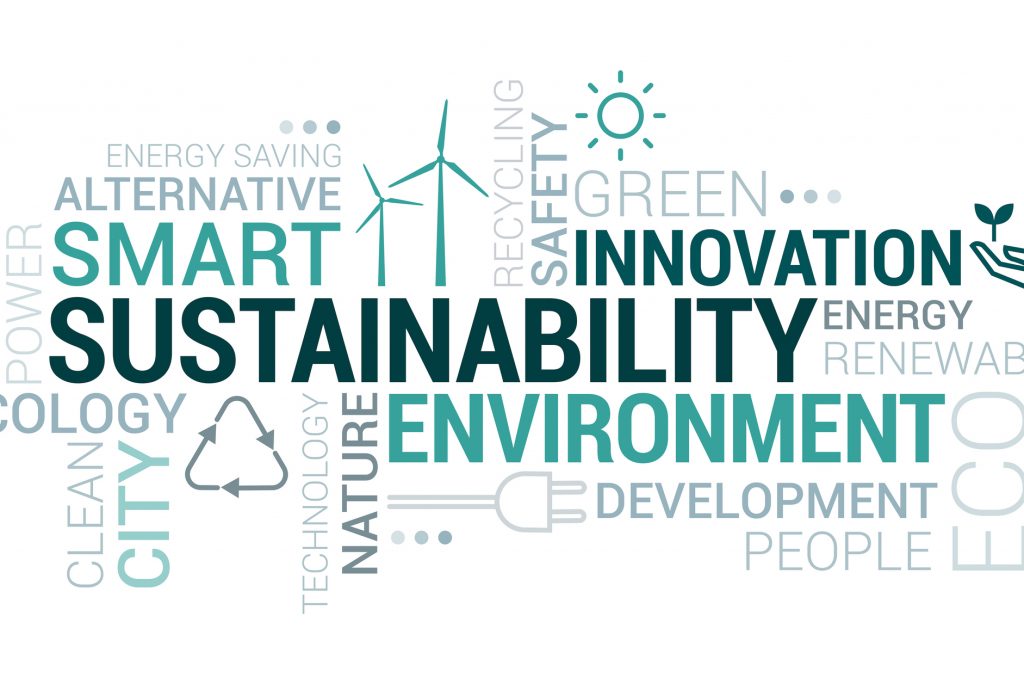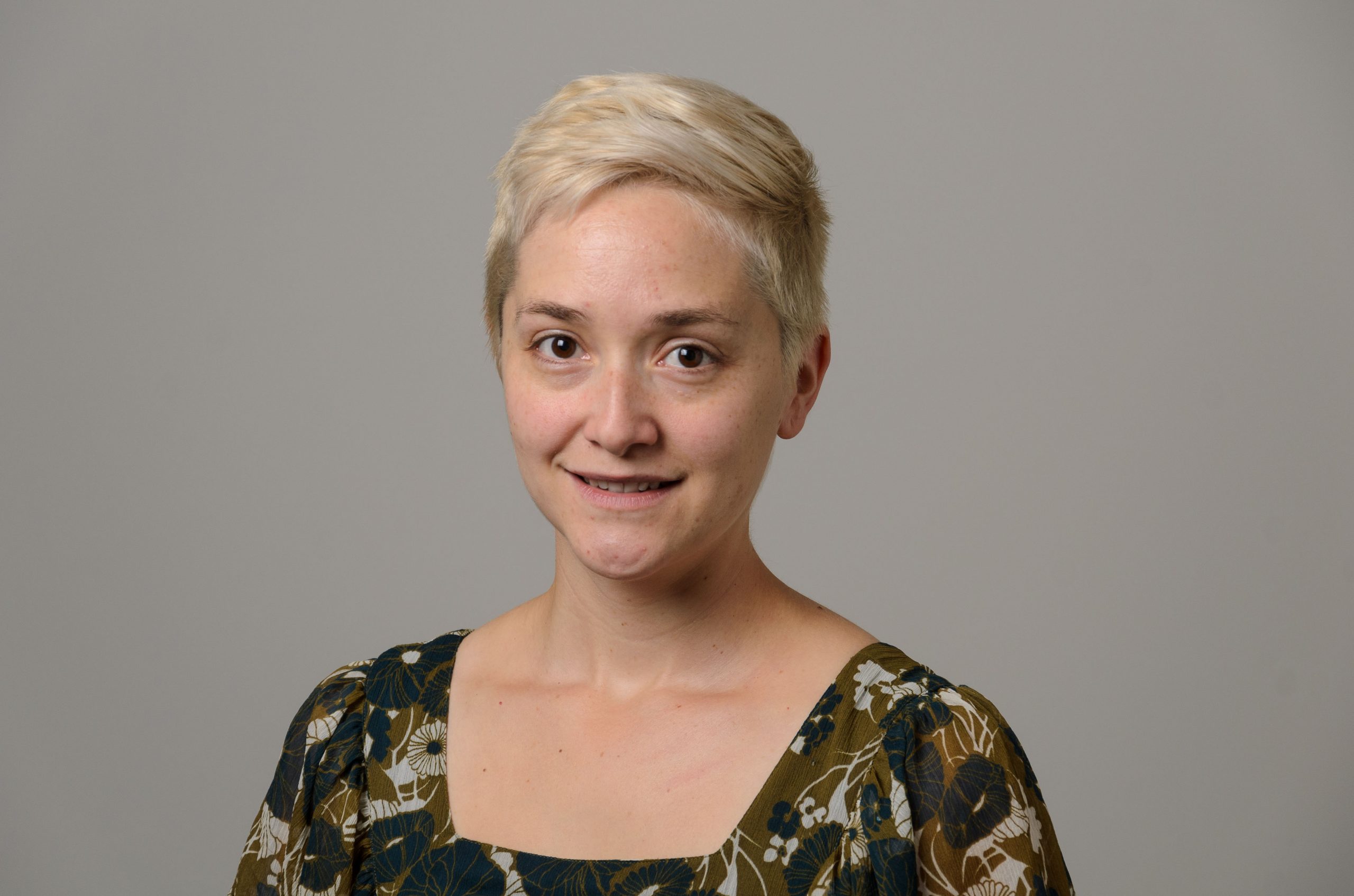
Elaina Hancock
Author Archive
Battling Climate Anxiety with Knowledge
A new course at UConn aims to explore and define what it means to be alive in a new geological epoch, the Anthropocene.
December 10, 2019 | Elaina Hancock
UConn at the United Nations Climate Conference
UConn students attending the United Nations climate change conference in Madrid reflect on their experiences and what they've learned.
December 6, 2019 | Elaina Hancock
Turning to Old Remedies For New Health Challenges
UConn researchers are experimenting with old approaches to solve a growing problem: potentially deadly pathogens that are resistant to antibiotics.
November 19, 2019 | Elaina Hancock
New Study on Early Human Fire Acquisition Squelches Debate
“Fire was presumed to be the domain of Homo sapiens but now we know that other ancient humans like Neanderthals could create it,” says Daniel Adler of UConn.
October 25, 2019 | Elaina Hancock
UConn Launches Hemp Testing Lab in Response to Industry Need
“As a producer, you want to ensure that you are not only legal but also that your product is safe," says Michael Willig, UConn's Institute of the Environment.
October 21, 2019 | Elaina Hancock
The Art of Organisms Living in the Extreme
Images of Professor Bernard Goffinet's work debuted at the Chilean embassy this week, drawing attention to the tremendous and unaccounted for biodiversity in a region of that country.
October 17, 2019 | Elaina Hancock
Countermeasures for Qatar
Athletes are experiencing extreme heat at the international track and field events in Doha, Qatar. UConn's Korey Stringer Institute shares the latest science on avoiding exertional heat stroke.
September 30, 2019 | Elaina Hancock
For This Ocean Dweller, Ability to Respond to Warming Waters is About Location
Our knowledge about species adaption patterns is mainly from animals living on land. In a new study, UConn scientists take a look at animals in ocean currents.
September 27, 2019 | Elaina Hancock
Sierra Club Lauds UConn’s Sustainability Efforts
UConn is in the top five of more than 800 schools nationwide for sustainability practices.
September 12, 2019 | Elaina Hancock
The Environment on Every Student’s Planner
A critical component of the new requirement is the broad view of the courses that feature environmental issues. Environmentalism is not confined to science.
September 12, 2019 | Elaina Hancock
